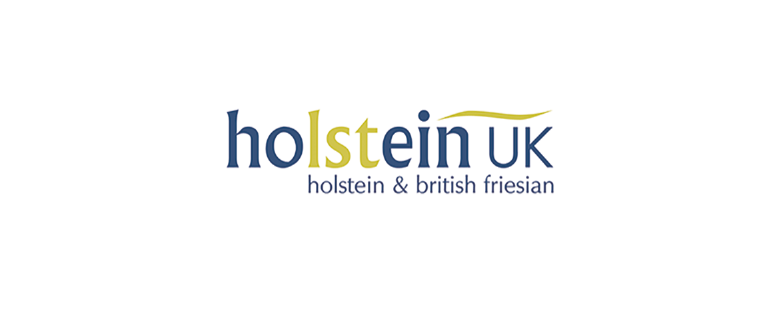
Buyer Beware - May 2021
When purchasing animals or making breeding decisions for your herd, we would like to make you aware of the following important points to look out for.
Zootechnical Certificates
When purchasing animals from within the EU, you should obtain a Zootechnical export certificate for each animal confirming that they have been registered with an EU Herd Book. We are unable to register animals into the Herd Book as full pedigree without seeing a copy of the certificate. Please be aware that obtaining these certificates after purchase can cost as much as 60 Euros per animal.
For animals purchased outside of the EU, an export certificate should be obtained to confirm that they have been registered with an official Herd Book.
We have recently been made aware of issues around obtaining additional copies of Zootechnical certificates from Denmark and would suggest Members ensure they obtain their certificate at import as Denmark will not issue additional copies of these certificates. This will prevent us from registering the animal in the main section of the Herd Book.
We are also experiencing a delay to the registration of some sires due to the requirement for a Zootechnical certificate from the AI Companies, and often the country of origin.
International Embryos
To register any embryos imported from we will require:
- A Zootechnical export certificate for the embryos
- An ET2 form with full details of the implantations
- A Microsatellite DNA profile for the ET donor dam (or ensure that she has a UK genomic evaluation)
Failure to supply the Membership Services team with any of the above information may cause a delay in registering progeny into the Holstein UK Herd Book.
New Zealand Bull Semen
Please be aware that not all New Zealand bulls, which have semen marketed in the UK, are registered with the New Zealand Holstein-Friesian Herd Book. Progeny of non-registered New Zealand bulls cannot be registered in the Holstein UK Herd Book. If the bull is registered as a BSR in New Zealand, then any UK progeny can only be entered as either an ASR or BSR within the Holstein UK Herd Book.
Descendants of Clones
According to current EU legislation, the import of cloned animals or cloned embryos into the UK is not allowed. Whilst there is no government legislation preventing the import of clone descendants, several retailers have specific stipulations in their trading policies concerning cloned animals and their descendants.
We would urge all members to be very aware of what they are buying and recommend checking at least 3 generations on any pedigree when purchasing animals, semen and embryos.
Bovine Viral Diarrhoea (BVD)
BVD is a highly contagious viral disease and is one of the biggest diseases facing the UK cattle industry. Signs of BVD aren’t always obvious and the costs can be hidden.
When buying cattle into your herd you should always check the BVD status of the animal and the originating herd. If the farm is a member of an eradication scheme such as BVDFree England, ScotEID, AHWNI or Gwaredu BVD the status of the herd will be available to view.
The Cattle Information Service offer disease testing for BVD, find out more
Mycobacterium Avium Paratuberculosis (Johne’s Disease)
Johne’s Disease is a chronic, contagious bacterial disease of the intestinal tract characterised by a slow progressive wasting of the animal and increasingly severe diarrhoea. Clinical signs usually first appear in young adulthood (4-7 years old), but the disease can occur in animals at any age over 1-2 years.
When buying cattle, it is essential to check whether the animal has been tested for Johne’s Disease and, if a herd status is available through an accredited scheme, it is well worth checking before purchasing.
The Cattle Information Service offer a CHECs accredited Johne's Monitoring Scheme, find out more
For further information on any of the above, please contact Membership Services on 01923 695200 or email info@holstein-uk.org
Holstein UK E-Newsletters
| View previous Holstein UK E-Newsletters |
|---|
| 2023 |
| 2022 |
| 2021 |
| 2020 |
| 2019 |
| 2018 |
| Sign up to receive e-newsletters from Holstein UK
|
Do you have any news?
Let us know if you have something to share
Club News
